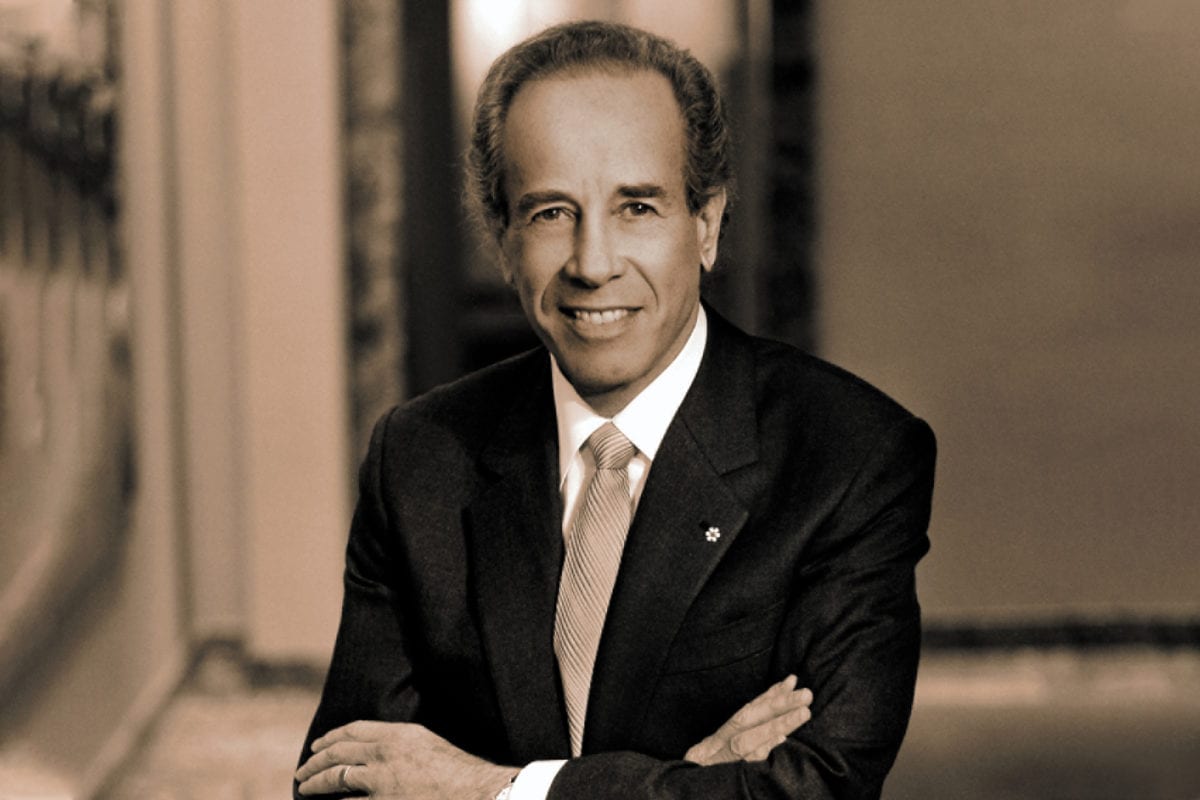Some entrepreneurs want to do right by their communities. For those who do, applying human-centered or community-driven approaches to business is important. The cooperative business model —with various types applicable to all industries — is usually found in the food industry. These companies want to provide local quality food to neighborhoods. The advantage of a co-op is that customers can own a share of the company while contributing to its operations. A group of people get to join forces and shape their community by implementing what they want.
In this post-pandemic era, community has become increasingly valued. In a highly individualist society such as the West, we’re beginning to recognize that real changes happen when we come together. In fact, community is now a marketing trend since 2022, and set to grow in 2023. Since the pandemic, a community-driven model has been adopted in businesses, according to GUILD.
What kind of business is a co-op?
A cooperative is owned by its members, who are shareholders. Members vote on products and services they want to see, and a board gives opinions that influence the final decision. There are at least two kinds: producer-members and customer-members. Producers are the businesses that provide the goods. Customers become members when they acquire a membership. Typically, non-members are able to shop as well.
The goal of the co-op is to respond to one or more of its community’s needs. For instance, your underserved neighbourhood lacks access to quality foods and you feel inspired to help. Or you live in a wealthier part of town, but you see a gap you can fill.
What kind of goods should I focus on?
You might want to make it as niche as possible so that the business has more chances of being successful. For example, Kristina Carrillo-Bucaram ran Rawfully Organic for 11 years. They provided fresh produce to people in Houston, Texas. Carillo-Bucaram eats a fully raw vegan diet, and the goal of her co-op was to promote a raw vegan lifestyle. Even if some customers weren’t fully raw, at least her community could access more organic produce.
Does my food co-op have to be a grocery store?
Grocery store co-ops often close their doors. Before the popularity of organic and fair-trade, grocery co-ops had a leg up because many of them provided these rare finds. Now that big chains have adopted this trend with competitive pricing, grocery co-ops must do more to retain customers. Vancouver’s last grocery co-op, The Commercial Drive, closed its doors in 2022 after 50 years because they couldn’t compete, according to CTV News Vancouver. But with a little innovation and adaptability, it’s possible to make your co-op dreams a longstanding reality. Consider being a community hub. Co-ops can organize events. They can also collaborate with other businesses, rent out their space to businesses, and more.
If it’s a store you want, why not fully operate online? Or you can act as a medium between consumers and producers instead, so that customers get goods directly from farmers. It’s an alternative to stocking predicted inventory that may expire before it sells.
A food co-op business can be a restaurant delivery service! Delivery Co-op, based in Kentucky, is owned by restaurants, delivery drivers, and customers. The company has zero delivery fees. Instead, customer-members subscribe to a monthly membership that covers an hourly wage for delivery drivers. This way, the co-op makes compensation possible for drivers, who also get benefits.
UberEATS, Skip The Dishes, and Door Dash are known for exploiting their delivery drivers. Since the pandemic, food delivery services have skyrocketed in sales. According to Routific News, “Uber’s delivery revenue grew 81% between 2018 and 2019… but from 2019 to 2020 that rate pole-vaulted to 179% as more people ordered takeout amid COVID-19… Uber Eats revenue now exceeds that of its ride-hailing arm, reaching $8.3 billion in 2021, a 72% year-over-year increase.”
Delivery giants increased their fees and added more charges. Restaurants pay a percentage of delivery fees per order, and steep charges also hurt consumer pockets. Some of these fees are quite frankly uncalled for — such as a tax for the service fee. According to Smiley Pete Publishing, restaurant-members of Delivery Co-op pay a flat fee every quarter or month, and they keep all of the money they make from orders.
How will shareholders benefit?
In a cooperative, the net income generated by members is called a “surplus.” A “profit” on the other hand, is the net income generated from non-members. Profit needs to return to the co-op’s reserves, but the surplus may be distributed to members. The amount and way it’s distributed must be outlined in the bylaws, according to The Cooperative Development Institute.
Surplus distribution can be cash dividends. Also, part of the surplus can go into a reserve that allows members to benefit from discounts, or back to the company. According to The Cooperative Development Institute, there are also “class B shares,” which are passive equity options that “offer an innovative way for co-ops to raise capital without ceding too much control,” states The Cooperative Development Institute.
How are employees compensated?
Many co-operatives make use of volunteers, who are members. But just like Delivery Co-op, you can think of ways to make compensation possible for employees. Otherwise, they get paid through dividends or any other way you choose to pay your members.
A cooperative is for you if you’re more interested in building community wealth and health rather than maximizing profits for shareholders. To make sure this is the best avenue, hand out a consumer survey in your community to see if people are interested in the idea, including what products they would want to buy, and if they’d like to join the board. Before starting a co-op, you should have a couple of solid potential members. There are several free and detailed resources online to help you get started that outline everything you need to know.
Josephine Mwanvua |Contributing Writer















